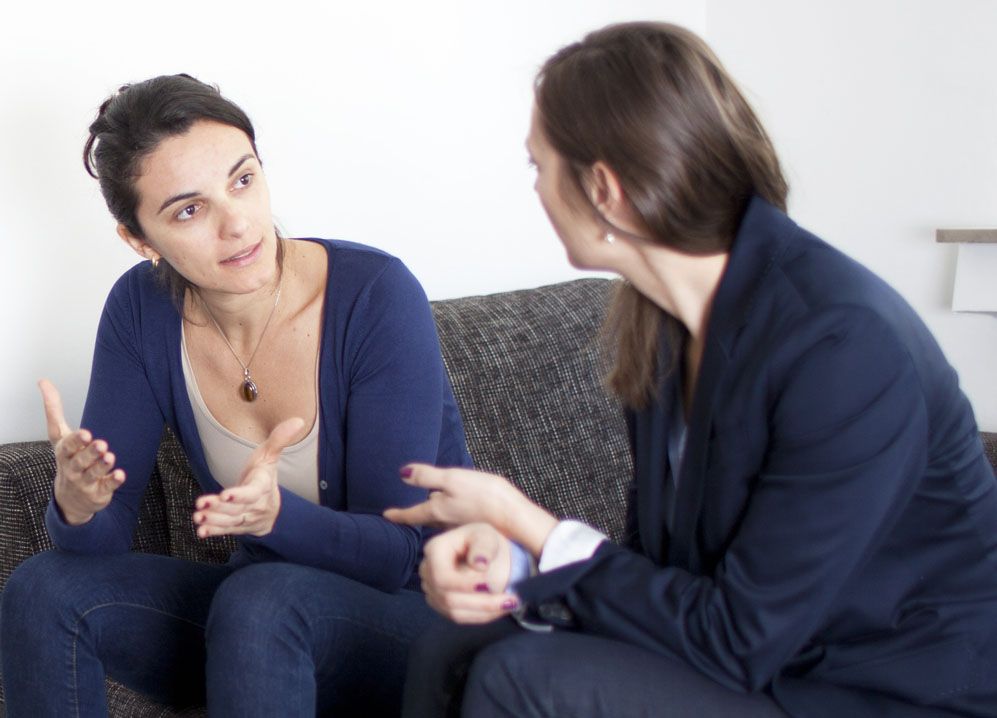Do You Perceive Yourself Accurately?
If you’ve ever sought out counseling, or been around people in the mental health field, you’ve likely heard of Cognitive Behavioral Therapy (CBT). If not, no worries. It’s not necessary to know about it to grasp the subject of this blog.
In general, Cognitive Behavioral Therapy focuses on people’s thoughts, and how thoughts and thought processes influence their emotions and sense of what’s real.









